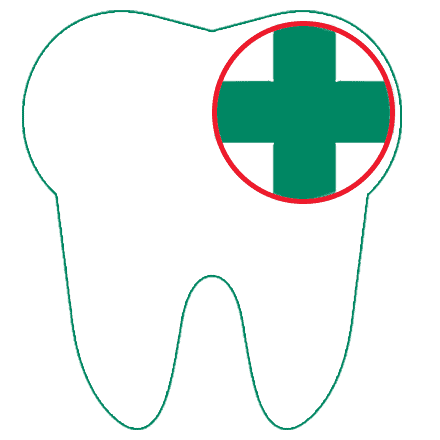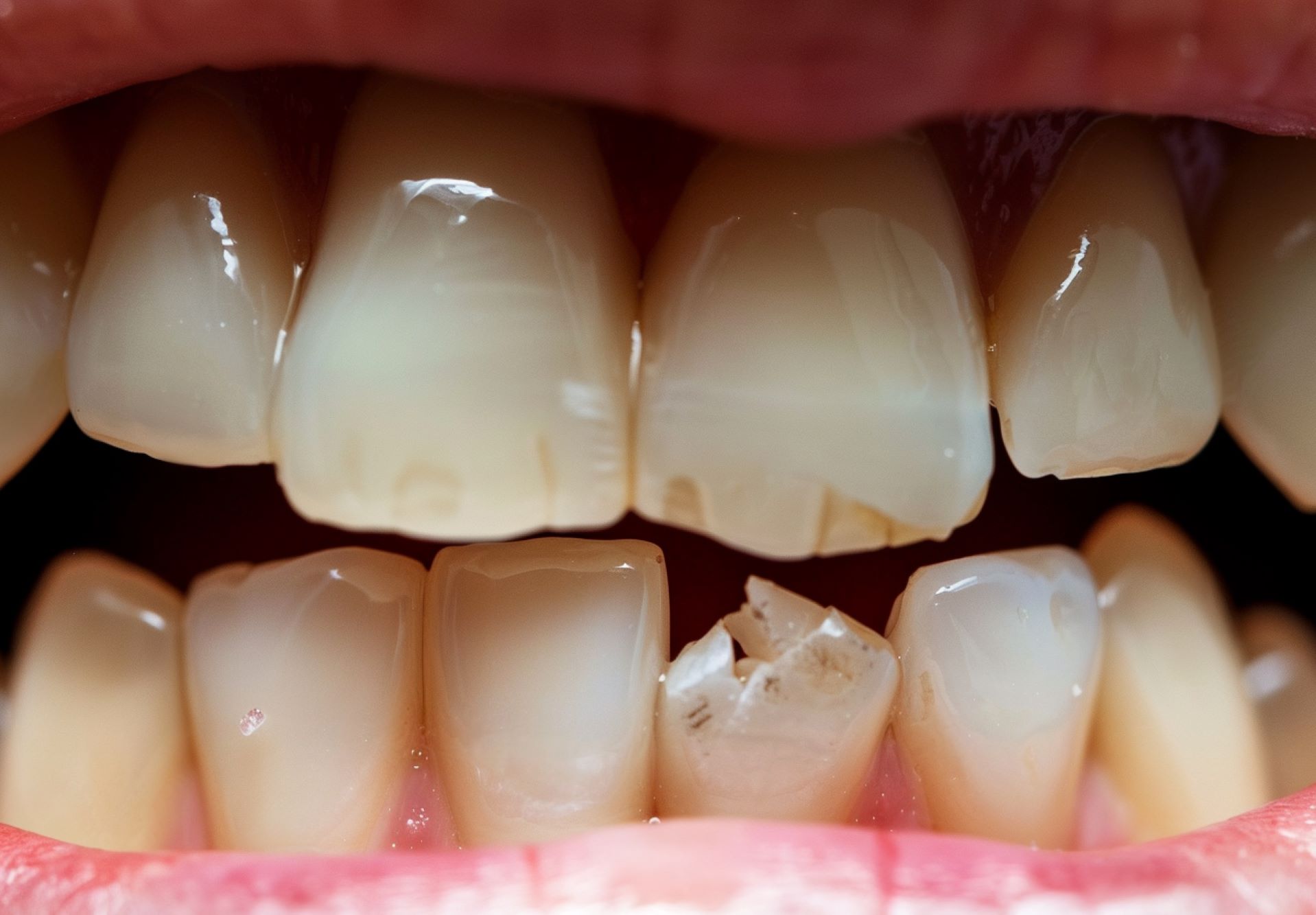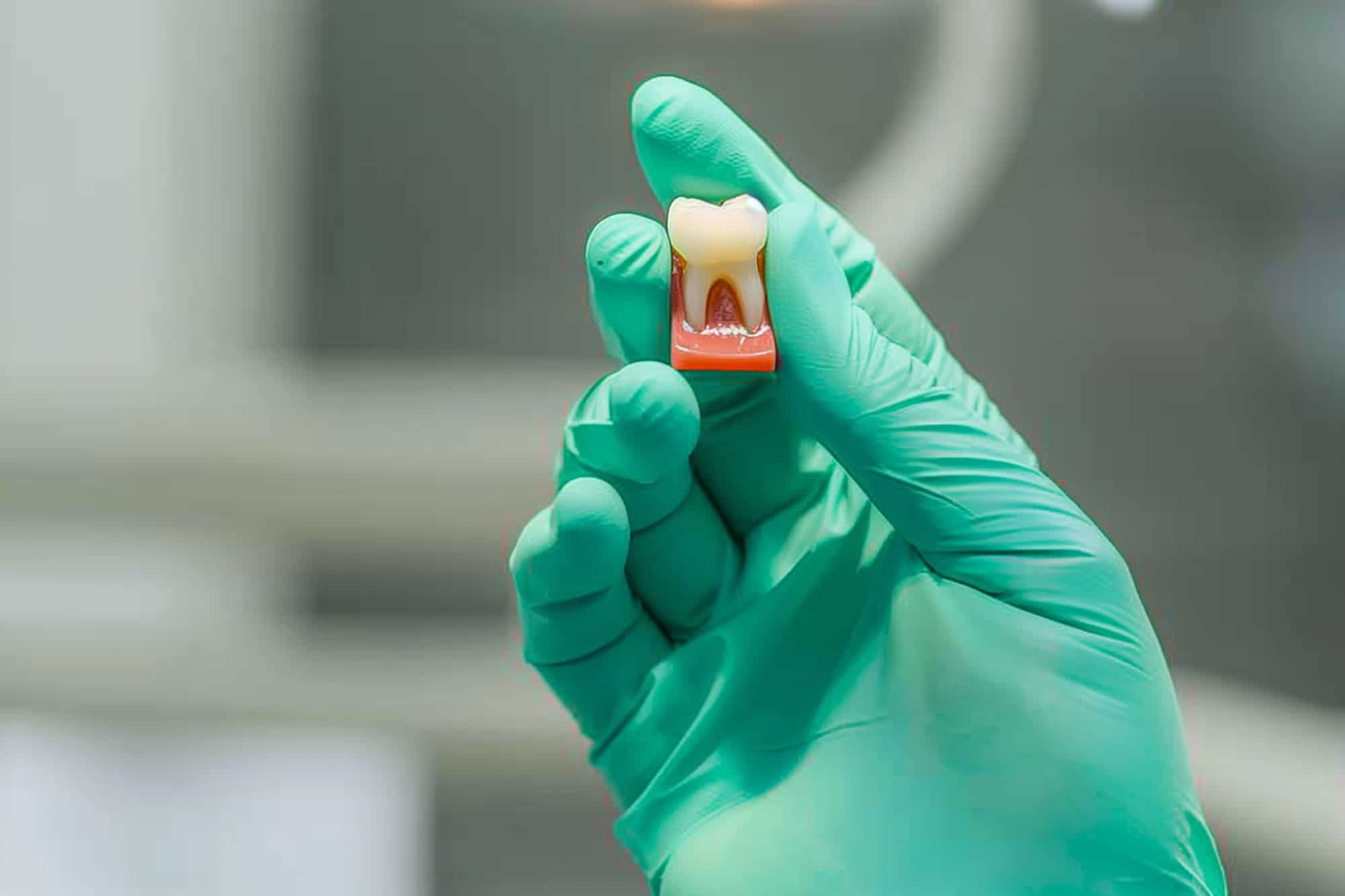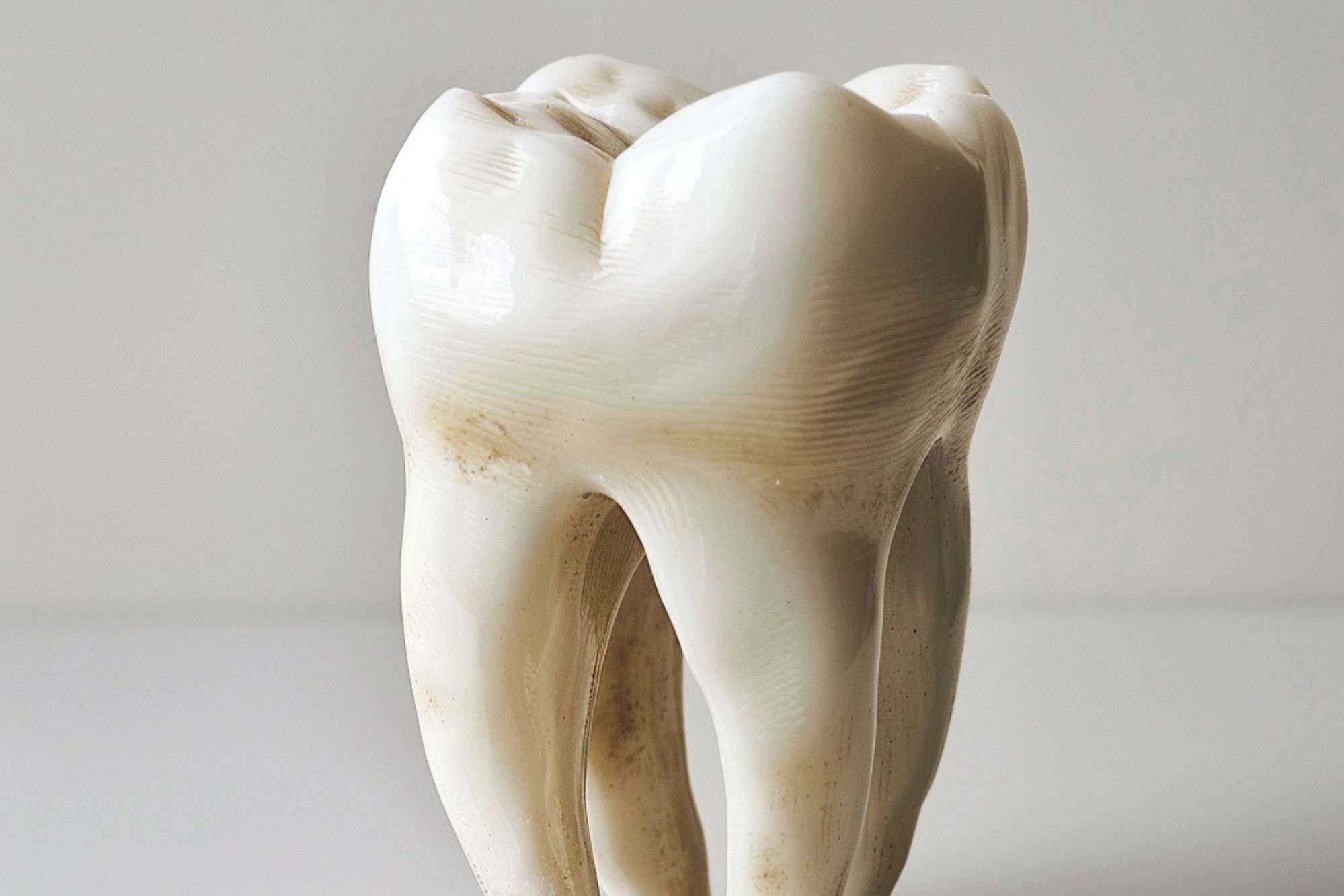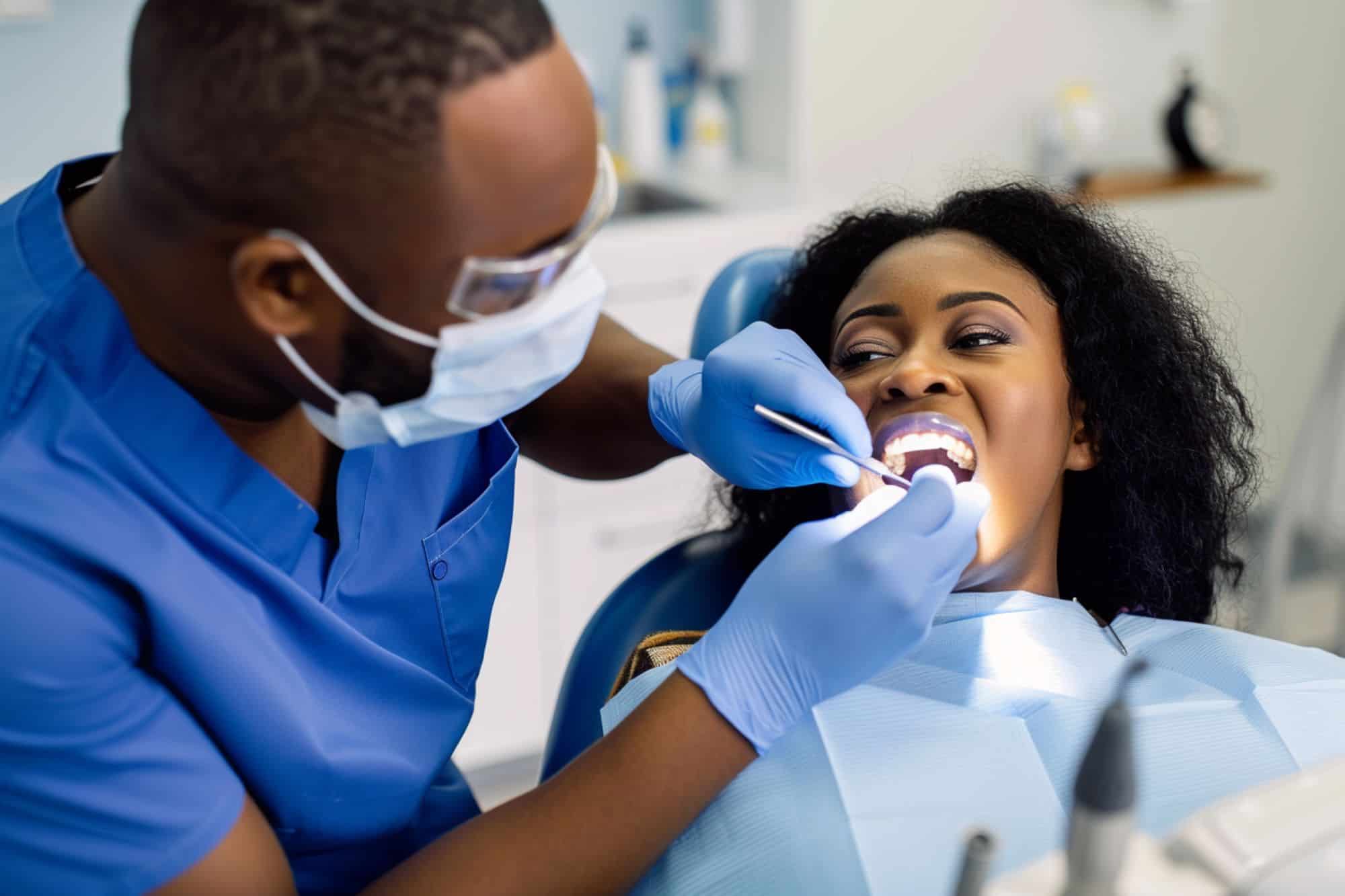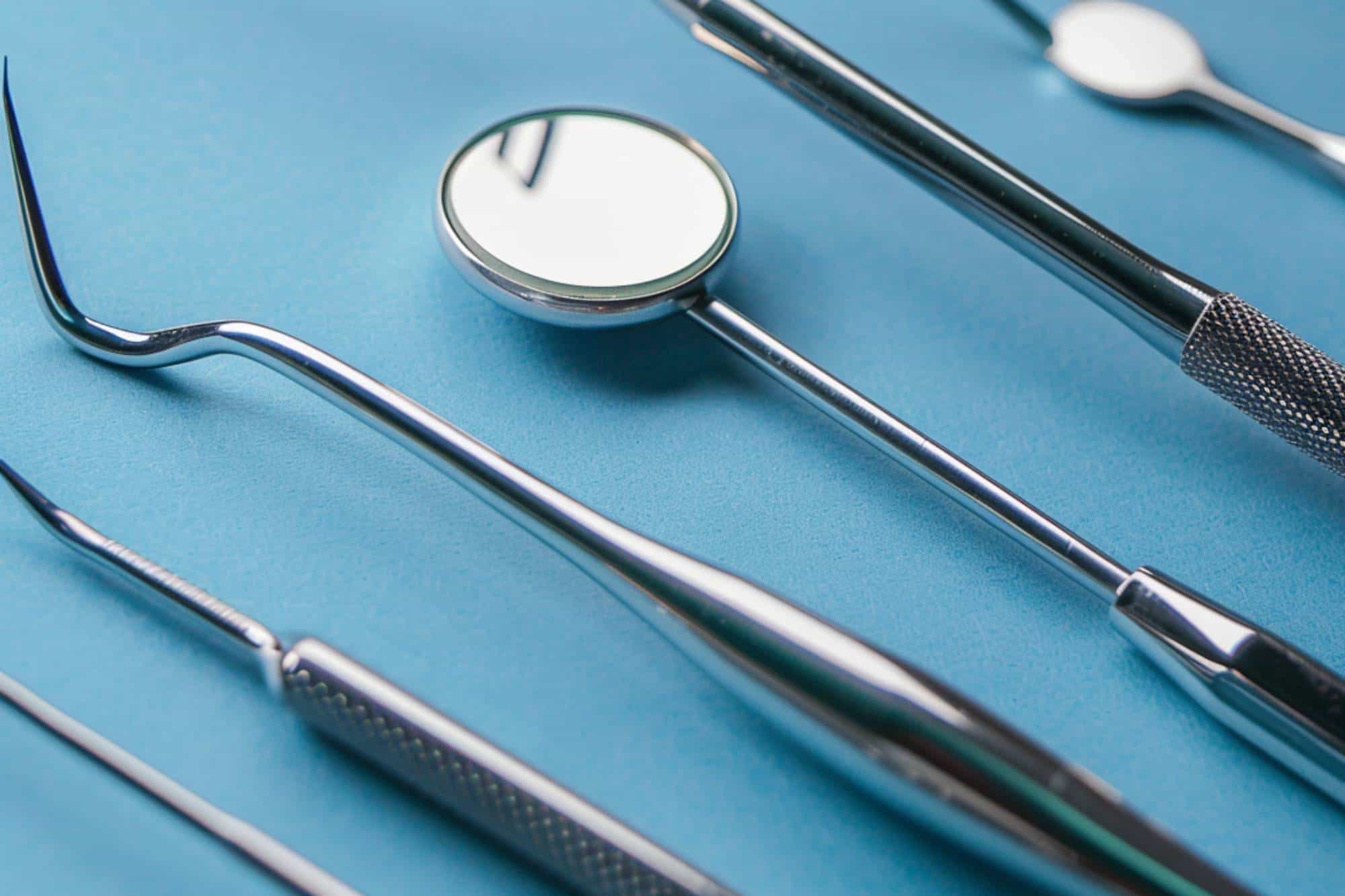When you experience a sudden, severe toothache, knowing when and how to seek help can save you not only from pain but also from potentially serious health complications. Emergency dentists in Columbia specialize in quickly addressing these painful issues, ensuring that your dental emergencies are managed promptly and effectively.
Identifying Toothache Emergencies
Understanding when a toothache needs immediate emergency dental care and when it might be safe to wait can be crucial for your health. Here’s how to tell if your toothache requires the urgent attention of an emergency dentist.
Symptoms Indicating Severe Toothaches
Some toothaches might be mild and come and go, but others signal more serious problems. You should seek emergency dental care if you experience:
Severe pain: Pain that is intense and constant, especially pain that escalates quickly.
Swelling: Noticeable swelling in your face or around your jaw could indicate an infection.
Fever: A fever accompanying a toothache is often a sign of infection.
Bleeding: Unexplained or excessive bleeding from around a tooth or in the gums.
These symptoms can worsen quickly and indicate potentially serious issues that an emergency dentist in Columbia can address.
When to Seek Immediate Dental Care
You should contact an emergency dentist immediately if:
- The pain is severe and unmanageable with over-the-counter pain relievers.
- You experience signs of infection, such as swelling, redness, or a foul taste in your mouth.
- You have had an injury to your mouth or face, and it’s affecting your teeth or gums.
NOTE
Delaying treatment for these symptoms can lead to more severe health issues, including the spread of infection which could become life-threatening.
Treatment Options Available for Toothaches in Emergency Dentistry
When you visit an emergency dentist in Columbia for a toothache, there are several treatment options that might be utilized depending on the severity and cause of your pain.
Immediate Pain Management
Initially, the emergency dentist will focus on managing your pain. This may involve:
- Administering local anesthetics to numb the area around the affected tooth.
- Prescribing pain relief medications to help manage the discomfort until a more permanent solution can be applied.
These measures are designed to provide immediate relief and make further examination and treatment more comfortable for you.
Common Procedures Performed
Depending on the cause of your toothache, the emergency dentist may perform one or more of the following procedures:
Dental Fillings: If your toothache is due to a cavity, a filling can be used to restore the tooth and prevent further decay.
Root Canal Therapy: This is a treatment used to repair and save a tooth that is badly decayed or becomes infected.
Tooth Extraction: In cases where a tooth cannot be saved, an extraction may be necessary to prevent the spread of infection and alleviate pain.
Crown Replacement or Repair: If a crown has fallen out or is damaged, replacing or repairing it can eliminate pain and restore the tooth’s function.
Use of Advanced Technology
Emergency dentists often utilize advanced technology to quickly diagnose and treat dental emergencies. Digital X-rays and 3D imaging can help pinpoint the exact issues and guide precise treatments, ensuring effective relief and recovery.
… addressing dental emergencies promptly and effectively, emergency dentists not only relieve pain but also prevent potential complications …
By addressing dental emergencies promptly and effectively, emergency dentists not only relieve pain but also prevent potential complications that could impact your overall health.
The Importance of Prompt Treatment
Delaying treatment for a toothache can lead to significant complications, making quick action essential when experiencing severe dental pain.
Consequences of Delaying Dental Care
Ignoring or delaying treatment for a toothache can have several adverse effects:
Infection Spread: If a toothache is caused by an infection, waiting too long before seeking treatment could allow the infection to spread to other parts of the mouth, the face, or even the bloodstream, potentially leading to life-threatening conditions.
Increased Pain and Complications: What might initially be a manageable issue can become more painful and complex, requiring more intensive and expensive treatments.
Loss of Tooth: Delay in treatment can lead to situations where saving the tooth becomes impossible, resulting in tooth extraction that could have been avoided.
Prompt dental care ensures that these risks are minimized, and the health of your teeth—and overall health—is protected.
Benefits of Immediate Care
Seeking immediate care from an emergency dentist provides several benefits:
Rapid Pain Relief: Quick treatment can significantly reduce or eliminate pain, helping you return to your daily activities without discomfort.
Prevention of Further Damage: Timely intervention can stop the progression of dental issues, preserving more of your natural tooth structure and preventing the need for more drastic measures.
Cost Savings: Often, addressing dental issues quickly can be less costly in the long run, avoiding the need for more complex and expensive procedures that might be necessary if the problem worsens.
By understanding these benefits, you can see why it’s crucial not to delay seeking help when you have a severe toothache.
How to Prepare for an Emergency Dental Visit
When facing a dental emergency, being prepared can help streamline the process and reduce stress. Here’s what you should know and do before heading to an emergency dentist in Columbia.
What to Bring and Expect
Identification and Insurance Information: Bring any form of identification and your dental insurance card. This will speed up the registration process and ensure your treatment is covered if applicable.
List of Medications: If you’re taking any medications, bring a list. This includes over-the-counter medications, as they can affect treatment options.
Previous Dental Records: If available, bring any relevant dental records or x-rays. These can provide valuable insights into your dental history and facilitate more accurate treatment.
Handling Anxiety and Fear
It’s common to feel anxious or fearful about emergency dental visits. Here are a few tips to manage these feelings:
Communicate Your Fears: Let the dental staff know about your anxieties. They are trained to help make your experience as comfortable as possible.
Use Relaxation Techniques: Techniques such as deep breathing or listening to calming music can help alleviate anxiety during your visit.
Consider Sedation Options: If your anxiety is significant, discuss sedation options with the dentist. They can provide medications to help relax you during the procedure.
Being prepared and knowing what to expect can help make your emergency dental visit as smooth and stress-free as possible.
Frequently Asked Questions
Addressing common concerns can also prepare you for what to expect and ensure you’re informed about your treatment options.
What should I do immediately if I have a severe toothache?
Rinse your mouth with warm water and use dental floss to remove any food that might be causing irritation. If swelling is present, apply a cold compress to the outside of your cheek.
Can toothache be a sign of a more serious health issue?
Yes, toothaches can sometimes indicate more serious health issues such as infection or abscesses that could potentially spread to other parts of the body if untreated.
How can I tell if my toothache is an infection?
Symptoms like severe and persistent pain, swelling, fever, or a foul taste in your mouth are common signs of infection.
What are the costs involved in emergency dental treatment?
Costs can vary depending on the type of treatment required. It’s best to consult with your emergency dentist and insurance provider for detailed information.
Conclusion
Ignoring a severe toothache can lead to serious complications, but timely intervention from an emergency dentist can alleviate pain and prevent further issues. If you experience significant dental discomfort, don’t wait. Seeking immediate care ensures not only the health of your teeth but also your overall well-being. Remember, the right care at the right time can make all the difference.
